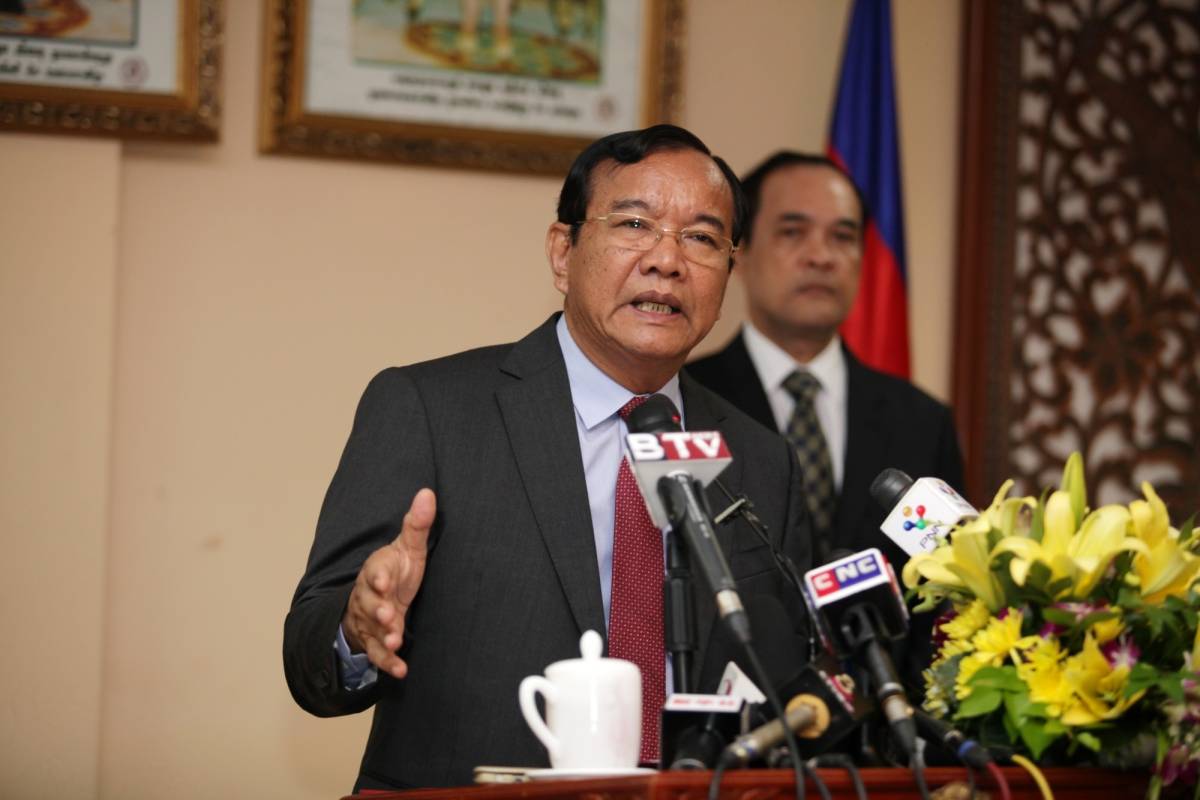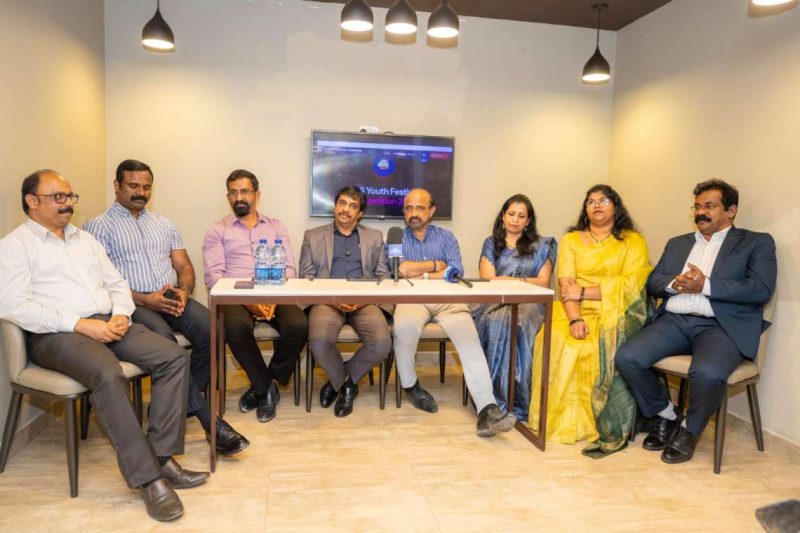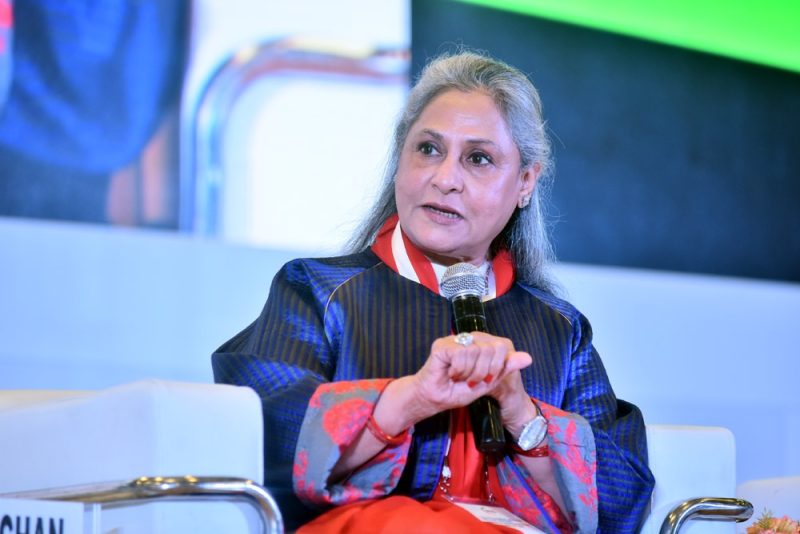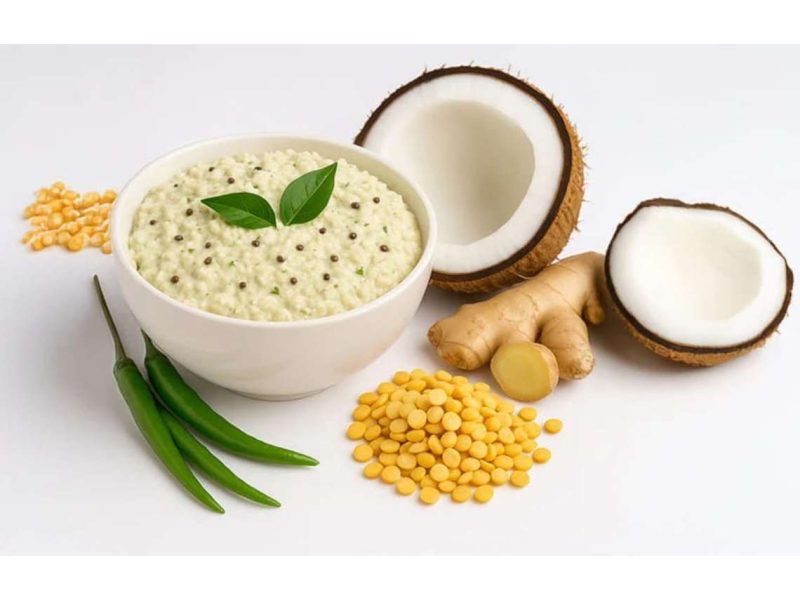The NHS model of providing universal primary health care through public-private partnership (PPP) may be appropriate for adaptation in the Indian context…reports P. Raghu Ram.
Most health care in India is presently provided by the private sector, principally funded via out-of-pocket payments. The once upon a time ubiquitous ‘Family doctor’ concept in the country has almost disappeared and has become extinct.
Most ‘worried well’ who are asymptomatic, and equally, those with minor common ailments rush to hospitals. It may be pertinent to point out here that it is all the more important that patients with simple non-urgent ailments are kept away from hospitals, which until recently, were stretched to their limits & overwhelmed with managing Covid suspect/Covid positive patients.
According to a report published by the Medical Council of India in 2020, around 44,000 Postgraduate seats are available for 55,000 doctors who graduate every year. In other words, the vast majority will become Specialists. Although “Family Medicine” DNB Courses conducted by the National Board of Examinations are available, there are very few applicants because the number of centres accredited to train doctors wishing to pursue a career as a Family Physician are few and far between.
The concept of visiting the ‘Family doctor’ before a patient sees a Specialist is the standard practice in the UK. In Britain, the General Practitioner (GP) is the principal treating doctor who is able to manage most minor issues sensibly based on evidence and refer patients to Specialist Centres only when needed.
The NHS model of providing universal primary health care through public-private partnership (PPP) may be appropriate for adaptation in the Indian context. The three primary elements of primary care that have a bearing on improving healthcare outcomes are:
Preventive care (such as vaccination, Screening, measuring blood pressure)
Care of chronic disease (Most of the chronic illnesses can be managed effectively outside the hospital)
Diagnostic triage and control of hospital referral (effective primary care sorts the serious from the non-serious by speedy and accurate diagnosis, directs hospital referrals to the most appropriate speciality and ensures that expensive hospital resources are expended on those who will benefit most).

India has about 8,00,000 medical doctors of which about 6,00,000 are GPs. But more than three-quarters of these are in urban centres which make up only about 20 per cent of India’s population. Access to a doctor in urban India is about the same as it would be on average in the US. However, the ratio of GPs to patients outside these metro areas is about 1 GP for every 7,500 patients on average and as low as 1 for every 25,000 people in more remote areas.
General Practitioners must be “gatekeepers” of our healthcare system. They should be the first point of contact for patients for any sickness or preventive visit.
India must invest in training GPs in addition to popularising and sensitising young impressionable students who have joined MBBS Course about the Family Medicine concept. Furthermore, Primary Healthcare infrastructure in rural India (where more than 70 per cent of our population resides) must be strengthened so that more patients are served locally by GPs, thus obviating the arduous & time-consuming task of travelling long distances for assessment/treatment.
Although India leads the world in digital technologies, that advantage is missing in its clinics, particularly in rural India. It is time we brought technological breakthroughs into primary care.
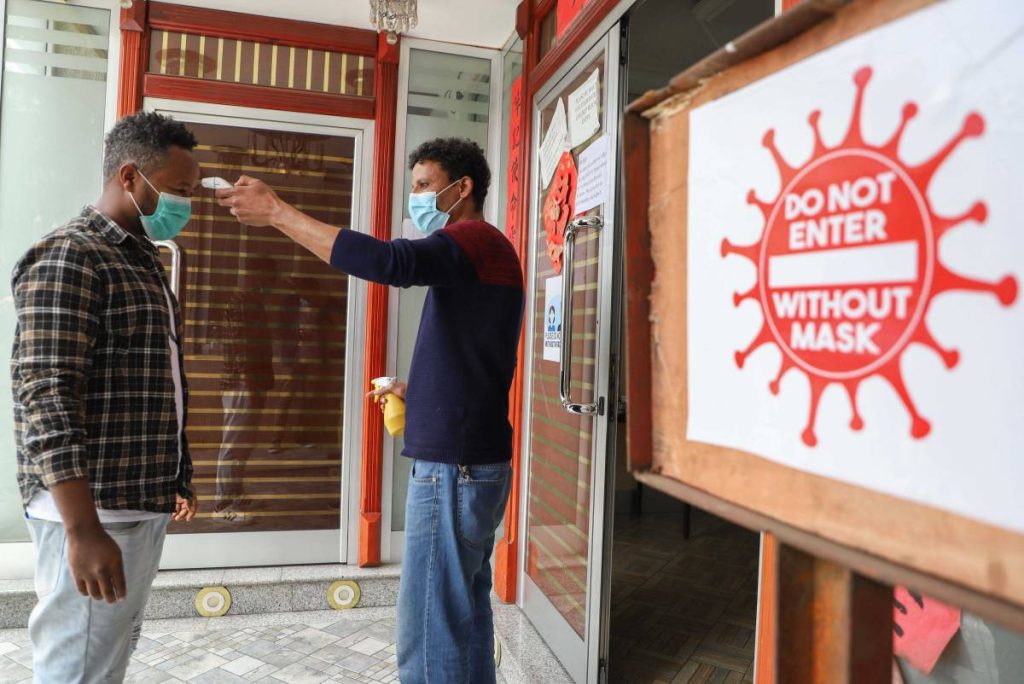
It is my heartfelt desire that the Government of India and powers that be initiate concrete and implementable measures to ensure that the ‘Family Doctor’ concept is revived. We, as a country, must switch from the doctrine of practising the more aggressive “Americanised Medicine” to “British Medicine”, which is far more conservative and evidence-based. An important component of the Hippocratic oath is to “keep the good of the patient as the highest priority” and this landmark step would pave the path in this direction by ensuring well-controlled uniform effective healthcare to the citizenry.
(The writer is an eminent breast cancer surgeon, Padma Shri awardee and Director, KIMS-Ushalakshmi Centre for Breast Diseases, Hyderabad)
ALSO READ-Essentials for Bachelor’s trip







